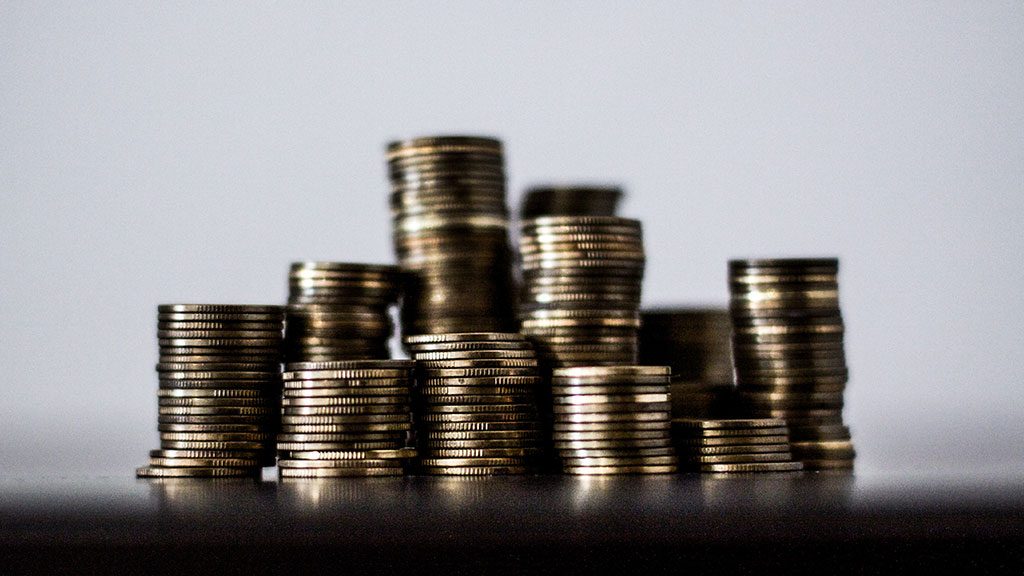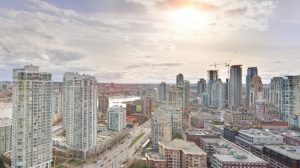VANCOUVER – Metro Vancouver is proposing a budget reduction in 2025 to lessen the impact on Lower Mainland households.
October is the final month of the organization’s annual budget process and it is discussing the possibility of residents paying less than anticipated for critical regional services on their 2025 utility bill and property taxes, a release said.
“Since I was elected Metro Vancouver’s board chair at the end of June, I have instructed staff to refine the draft 2025 budget. I made it clear that we must continue reducing costs while providing excellent service. I look forward to engaging with the board as we work together to finalize the budget through the month of October. We will be looking at a 2025 average household rate increase of 9.9 per cent, down from the previously projected 11 per cent increase. The following year it is proposed to come down to five per cent,” Metro Vancouver board of directors chair Mike Hurley said in a statement.
In the proposed budget residents would pay an average of $875 per household for all regional services, a $9 reduction over previous projections. The services include drinking water, sewage treatment, waste management, regional parks, regional planning and air quality management.
For 2025, the release said, the proposed budget would see the average household cost for regional services work out to:
- $200 on average per household for water services.
- $510 on average per household for liquid waste services.
- $71 on average per household for solid waste services.
- $94 on average per household for regional district services, which includes regional parks, planning, air quality management, E-911 telephone service, and the regional economic development service (Invest Vancouver).
“Over the past five years, Metro Vancouver has undertaken significant work to reduce financial impacts on residents. It has involved deferring projects. The reality is the rate increase we’re seeing this year must be done to ensure that we have the resources to keep our infrastructure in good condition,” continued Hurley. “We rely on these systems every day — to brush our teeth, cook our food, and even when we flush our toilets,” Hurley said.
Even with this year’s addition of an adjustment of $2.8 billion to accommodate the additional costs of the North Shore Wastewater Treatment Plant Program, the release said, Metro Vancouver’s proposed budget would still achieve a total net rate below the original 2023 projection for 2027.
The current 2027 projection is $965.
The Metro Vancouver Board will review the 2025 budget recommendations at a workshop scheduled for Oct. 16 and at the Nov. 1 meeting, the board will consider approving the budget and five-year financial plan.
Following the finalization of the budget, municipalities will integrate the regional charges into their local property tax and utility bills through their budget processes.






Recent Comments
comments for this post are closed